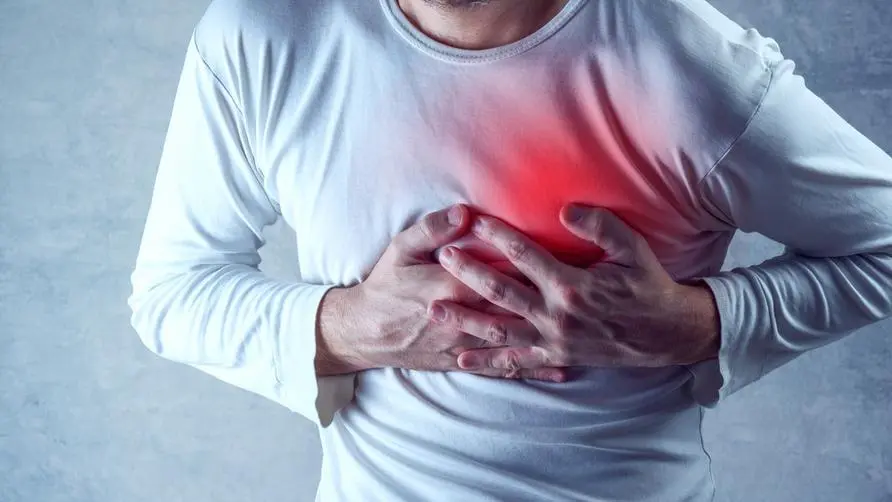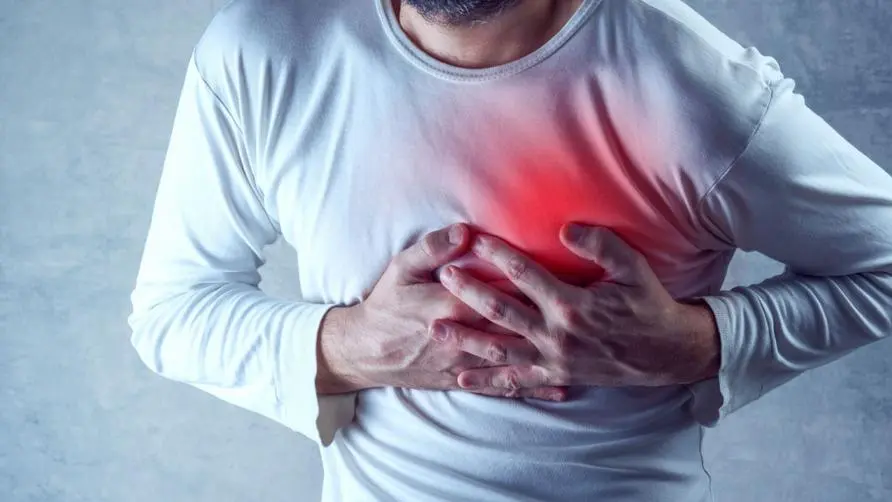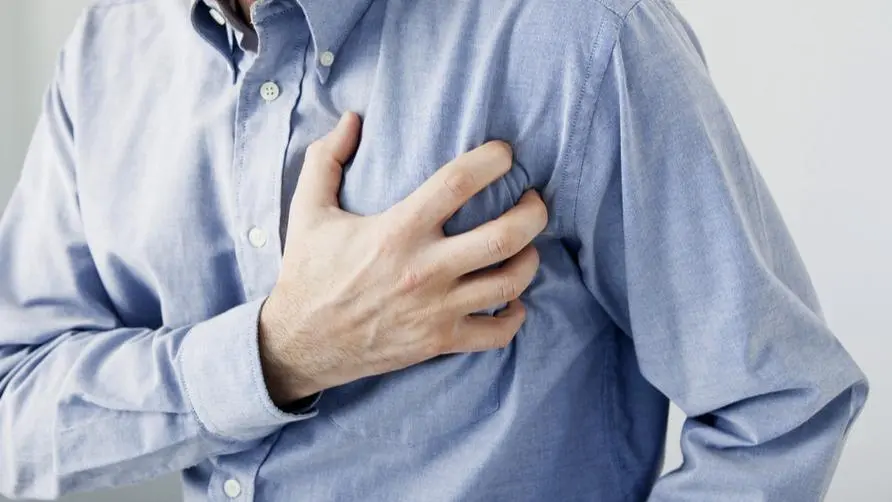"Cardiorenal Syndrome" Plus! Death rate of kidney dialysis patients increased by 50%? Exhaustion and swelling may lead to "unexploded bombs in the heart"

One person dies from heart disease every 24 minutes due to asthma, swelling and unexploded bombs in the heart
A “tired heart” may be a serious health problem. According to statistics from the Taiwan Ministry of Health and Welfare, one person dies from heart disease every 24 minutes. Dr. Chen Wenzhong, chief director of Minsheng Medical System, pointed out that common heart diseases among Taiwanese include valvular heart disease, hypertensive heart disease, congenital heart disease, coronary heart disease, myocardial disease, myocardial infarction, arrhythmia and heart failure. Among them, “heart failure” has the highest mortality rate. Heart failure will cause insufficient blood supply to the heart and the kidneys to be unable to discharge water, forming “cardiorenal syndrome” in which the heart and kidneys interact with each other.
Dr. Chen Wenzhong said that “tiredness, breathlessness, and swelling” are the most common symptoms of heart failure. Currently, the two main tools for heart failure are cardiac ultrasound and blood tests. Cardiac ultrasound is used to evaluate the structural status of the heart, systolic and diastolic functions, and can calculate the “ejection fraction” that reflects the blood supply function of the heart.
When fatigue, breathlessness, swelling, and suspected heart failure occur, blood can be drawn to detect biomarkers such as BNP, NT-proBNP, and Troponin concentration. If the patient has poor left ventricular function, proBNP will be secreted to compensate for the expansion of the ventricular wall. . Patients should pay more attention to monitoring lipids, blood sugar, uric acid and electrolytes. Only by detecting heart failure early and receiving interdisciplinary treatment can they prevent the deterioration of heart and kidney function.
What causes heart failure? Who recommends a cardiac ultrasound?
Dr. Zhao Tingxing, deputy CEO of the Heart Foundation of the Taiwan and director of the Department of Cardiology at Chengdu University Affiliated Hospital, said that the cause of heart failure may be “abnormal systole” or “abnormal diastole” of the heart. Abnormal systole means that the blood output is insufficient to supply normal metabolism, while abnormal diastole means that the intraventricular pressure is too high, and blood cannot flow back and accumulates in the lungs and surroundings. Cardiac ultrasound is usually used to examine the heart structure and calculate the “ejection fraction” (LVEF) for diagnosis and identification.
Dr. Zhao Tingxing pointed out that more than 60% of patients with heart failure combined with end-stage renal failure will die within one year. Therefore, groups with higher risk factors for heart failure, such as hypertension, coronary heart disease, diabetes, and obesity, should consult a cardiologist to evaluate the need for cardiac ultrasound examination.
As for patients who have been diagnosed with heart failure, in addition to early treatment, they should also pay attention to a low-sodium diet, monitor urine output and weight, and use oxygen appropriately. Dr. Zhao Tingxing said that in recent years, more and more heart failure drugs that can protect both heart and kidney function have been released, and there is an opportunity to improve patients’ ejection fraction through drug treatment. When symptoms of tiredness, breathlessness, or swelling occur, you should pay attention to the heart failure warning signs and seek medical treatment as soon as possible.
To prevent cardio-renal syndrome, you should check the nephrology department and cardiology department at the same time.
Dr. Li Si-yuan from the Department of Nephrology, Taipei Veterans General Hospital, pointed out that heart and kidney diseases are highly related, and “cardiorenal syndromes” can be divided into five major categories, including acute and chronic “cardiorenal syndromes”; acute and chronic “cardiorenal syndromes” “Renocardial Syndrome”; and “Second Cardiorenal Syndrome” caused by other systemic diseases. In particular, Taiwan has the highest rate of kidney dialysis in the world. About 50% of dialysis deaths every year are associated with heart failure.
Dr. Li Siyuan said that when dialysis patients develop heart failure, the mortality rate may increase by more than 50%, and the heart and kidneys are both “silent internal organs.” If there are no obvious signs of kidney disease in the early stage, when symptoms of asthma and swelling occur, the disease may have entered a later stage. Blood pressure should be actively controlled at ordinary times. If you have symptoms of fatigue, breathlessness, or swelling, you should consult a cardiologist and nephrologist at the same time to avoid missing disease warning signs.
Dr. Li Siyuan pointed out that kidney patients must be more vigilant about heart failure. Take the American Society of Nephrology’s recommendations, for example, that kidney patients should have a cardiac ultrasound every three years. At present, there are quite good treatments for heart failure. Studies have also shown that drugs can also improve kidney function. Early examination, diagnosis and treatment are expected to significantly reduce the risk of death from heart failure in kidney patients.
Further reading:





